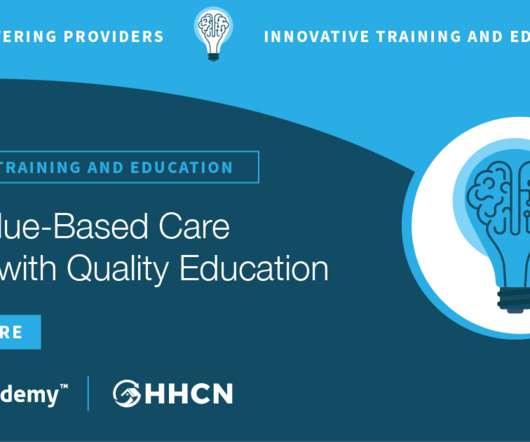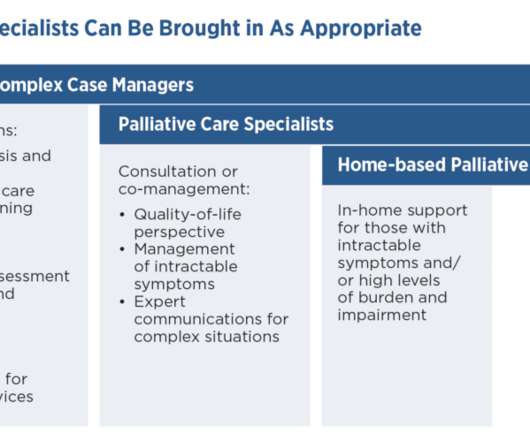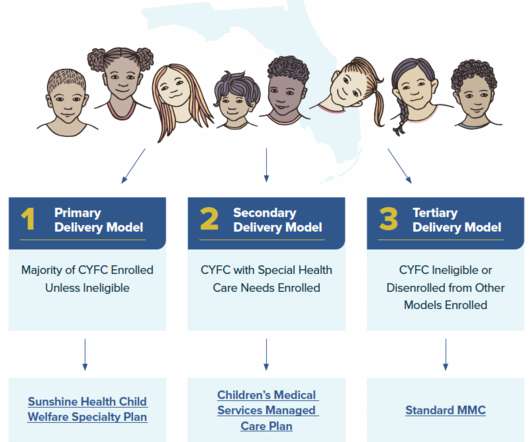Why Value-Based Care Begins with Quality Education
Home Health Care
JUNE 9, 2022
The shift to value-based care. Connecting training with outcomes serves patients and staff, but the shift to value-based care means attention to outcomes is imperative as home-based care transitions to rewarding providers for the quality of the care they deliver. This article is sponsored by CareAcademy.













Let's personalize your content